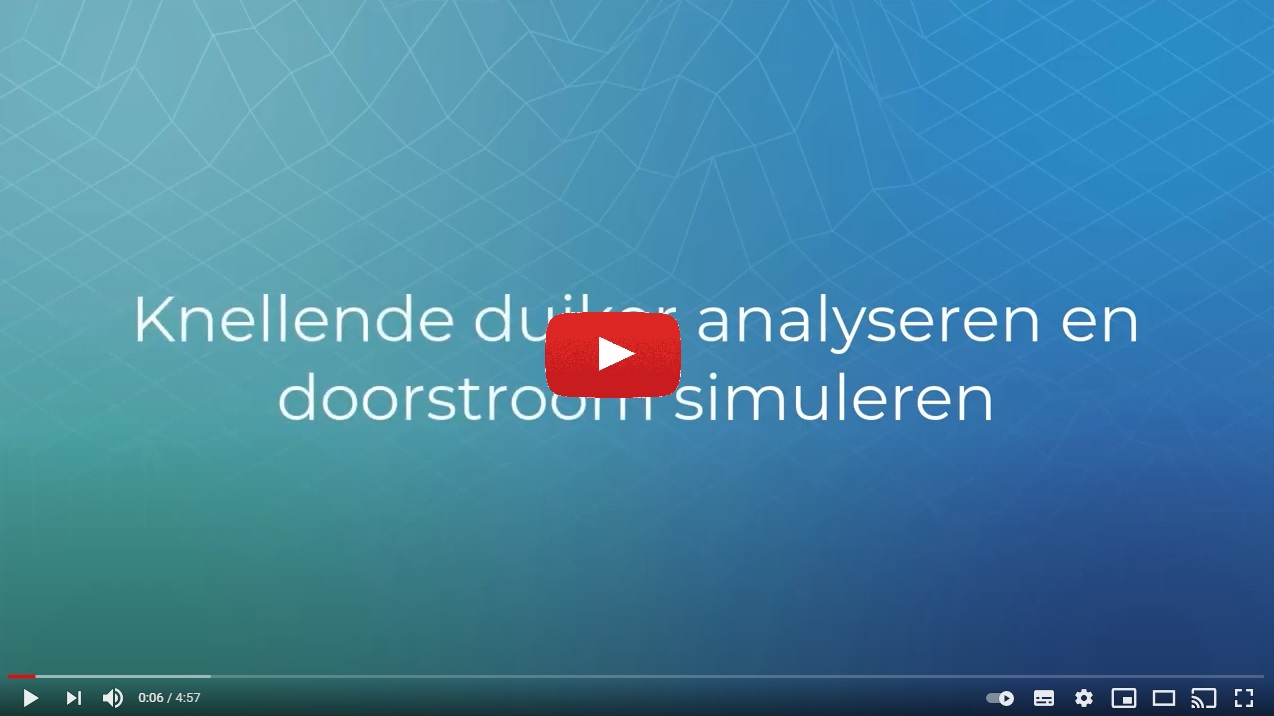Object flow output (Water Overlay): Difference between revisions
Jump to navigation
Jump to search
No edit summary |
No edit summary |
||
| Line 25: | Line 25: | ||
* [[How to find the Object flow output attribute related to a specific Overlay]] | * [[How to find the Object flow output attribute related to a specific Overlay]] | ||
* [[How to inspect object output attributes of an overlay using the measurement tool]] | * [[How to inspect object output attributes of an overlay using the measurement tool]] | ||
* [[How to export | * [[How to export an Object output attribute as measurement]] | ||
|seealso= | |seealso= | ||
*[[Weir height test case (Water Module)|Weir flow test case]] | *[[Weir height test case (Water Module)|Weir flow test case]] | ||
Revision as of 14:11, 17 January 2023
| Icon | Key | Unit | Range | Description | Default value |
|---|---|---|---|---|---|
| OBJECT_FLOW_OUTPUT | m3 | An array of values, each value indicating the amount of water which has flowed through this Building during each timeframe. | None |
This attribute is automatically created for all relevant hydraulic structures in a project when a water calculation is performed. When the calculation is complete, the attribute is updated automatically.
For point-based buildings, a positive value means a net amount of water was added to the surface. A negative value means a net amount of water was removed from the surface.
For line-based buildings, positive or negative indicates the net direction the water has flowed.
All hydraulic structures have an OBJECT_FLOW_OUTPUT attribute. Also a breach area and a Sewer area have this attribute.
Notes
- This attribute does not need to be created when configuring the project. This attribute is created automatically by the Water Overlay when a calculation is performed.
- Each Water Overlay will create this attribute with the ID of an Overlay appended to it, to prevent the results of multiple Water Overlays storing their results in the same attribute by default.
- Invalid water objects have an Object flow output attribute value of NO_DATA: (~ -3.4+e38) for easy exporting/debugging.
- The value is stored per timeframe and represents the amount of water transported in m³ for the period of that timeframe. Therefore the total object flow during the entire simulation can be computed as the sum of the individual values per timeframe.
How-to's
- How to find the Object flow output attribute related to a specific Overlay
- How to inspect object output attributes of an overlay using the measurement tool
- How to export an Object output attribute as measurement





